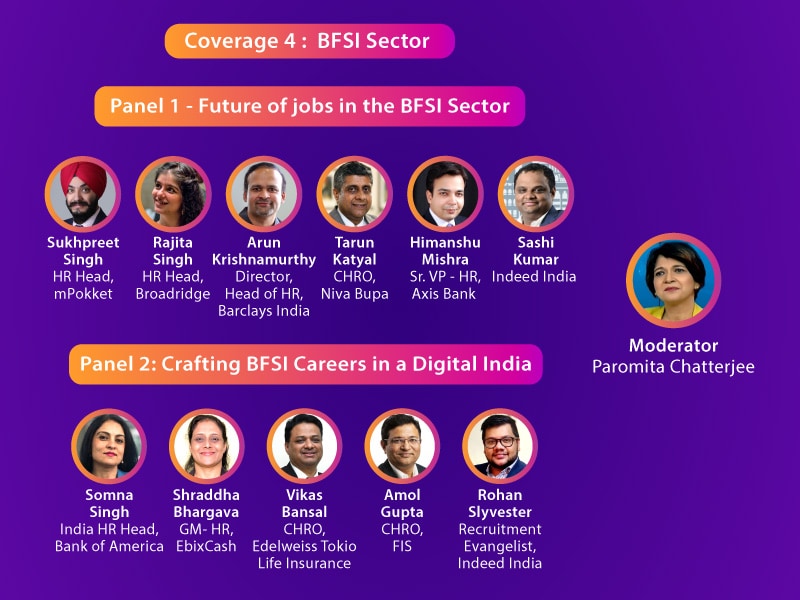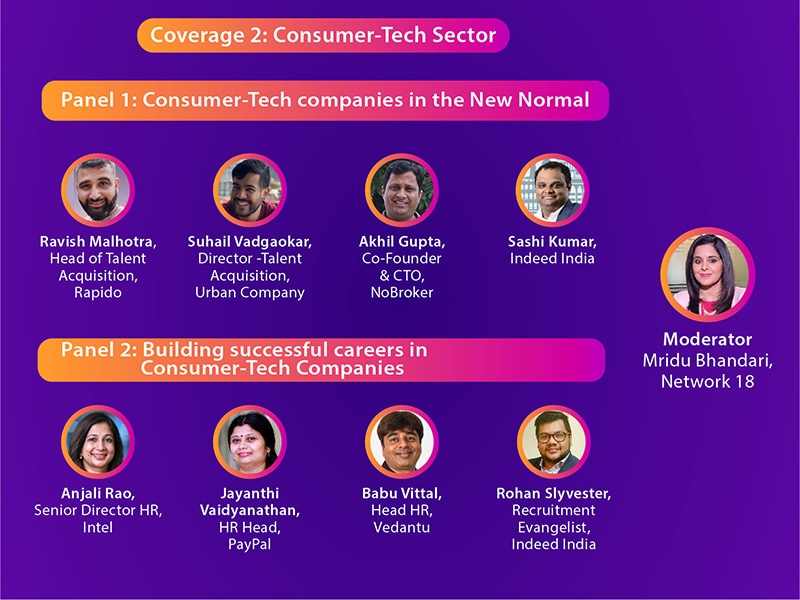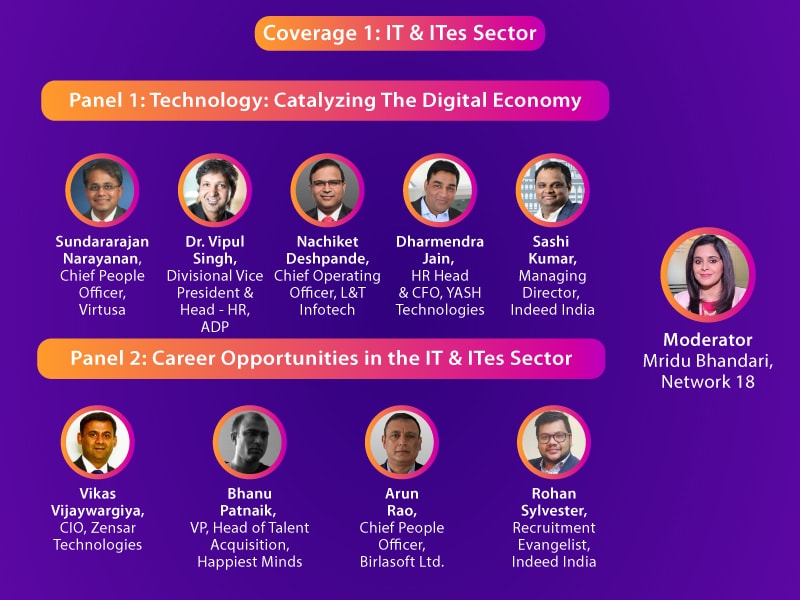Basic guide to resume writing

In today’s fast-paced and competitive job market, busy hiring managers can grasp the core idea of what a candidate represents from a single glance at a Résumé. Accordingly, it becomes a crucial factor in the job search process and both beginner to the job-hunting process as well as those who have been a part of it for ages, must ensure that they make an impactful first impression.
Ideally, a resume should be a concise yet detailed document that provides a summary of a career journey, professional attributes, technical as well as soft skills, and academic performance. Further, as opposed to traditionally adopted hiring procedures, with the current advancements in technology, a large part of the hiring process has shifted to the virtual space. So, for instance, today’s software programs are designed to accommodate simple, single-column formatted resumes, with a professional font. There are a number of implicit ‘dos’ and ‘donts’ and conforming to current styles and best practices makes it easier for the reviewer to appreciate the content of the resume.
Effectively, if a job search is a journey, a stellar resume is the passport. To ensure that you set out on your journey on the right foot, here are 6 simple rules for creating an impactful Résumé:
- Master the basics
- Keep abreast of other resumes for insights
- Keep it crisp and concise
- Always quantify your achievements
- Make use of employer-centric keywords
- Ensure that its free of grammatical errors and typos
Rule 1: Master the basics
There are various crucial segments in a resume and doing justice to each of these becomes important.
Educational background: This includes details of schooling/college/university degrees and any relevant certifications and/or licenses. For those with ample credentials, it’s preferable to include only those that are significant to the job description (JD) and for the relevant industry.
Career background: This includes information about the work experience garnered, beginning with the most recent assignments, and/or voluntary work that is pertinent. It’s advisable to include tangible achievements (e.g., profits earned/targets met) instead of simply stating roles and responsibilities.
Contact details: Hiring can sometimes be a matter of urgency and it is best to state one’s entire name, city of residence, email address, and instantly reachable phone number so that a potential employer can connect quickly, if necessary. To preempt malicious incidences, this personal information must be shared with reputed and trustworthy employers or consultants only.
Technical Skills: This refers to abilities and knowledge that meet the JD or showcase capabilities to undertake the assignments that will be required to be completed, if selected.
References: Mentioning professional references could be avoided as this saves space, and protects their privacy too, while keeping a resume clutter-free.
Rule 2: Keep abreast of other resumes for insights
It’s always helpful to be aware of the contents and style of the resumes of others who have applied for similar jobs. This could deliver insights into what has made them get a call or get relegated to the files. It is, however, crucial to restrict such explorations to one’s field of interest and get as specific to the JD as possible.
Rule 3: Keep it crisp and concise
Research shows that the average employer spends less than 40 seconds viewing a resume. Accordingly, everything relevant must be displayed prominently and in the most succinct manner possible. The average resume length is 2 pages, so it’s best to avoid verbose or cluttered paragraphs and switch to simple, skimmable pointers instead, to enhance readability. Further, employers assume that skills and experiences displayed on resumes are the ones that the candidate is passionate about. So, only display core competencies and interests that are relevant.
Rule 4: Always quantify your achievements
Employers are always on the lookout for measurable success, rather than qualifying adjectives. So, it pays to mention achievements with concrete Key Performance Indicators (KPIs) or actual metrics. Having real-time credibility back-up shows potential to contribute to the organization in future endeavors.
Rule 5: Make use of employer-centric keywords
Research suggests that when employers see industry-relevant keywords have been mirrored in a resume, the impact is greater. There is no real substitute for being clued-in to current trends and events in the industry but doing a search could refresh these and enable one to create a better impression. Looking at resumes of successful candidates could also reveal industry language, keywords, accurate and compelling credentials, etc.
Rule 6: Ensure that its free of grammatical errors and typos
Discovering a typographical error could become an irritant to the employer, at the least. Some employers even see such oversights as a sign of lack of attention to detail or inability to be thorough. Reviewing the content of a resume at different points in time could help overcome word-blindness. Getting a fresh perspective, from a trusted source, before sending in your resume, could also help to catch errors skipped by the candidate.
In toto
A ‘Résumé’ is essentially an advertisement curated with future employers as the target audience and like they say, ‘Well begun is half done’. Putting in a little time and effort into creating a resume could do wonders as a first impression and put an employer in the mood to assess your overall capabilities better.







